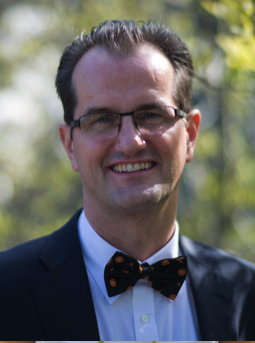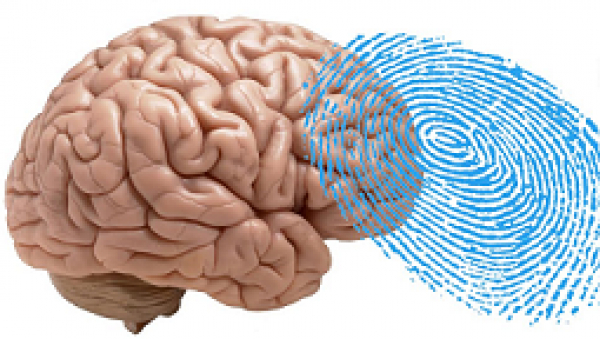As newly appointed Professor with special focus on Precision Medicine, Neurologist Hartwig Siebner strives to find the key to diagnosis and treatment with the help of advanced imaging of the brain – a key which exactly fits the individual patient.

“Each individual patient has his or her unique disease. Even when patients resemble each other with respect to their symptoms- - the disease related changes in the brain are not identical. Combining state-of-the-art methods for brain imaging, it is possible for us to map how the disease affects a single brain. In other words, we can draw a patient-specific ‘profile’ of the disease and using that as a means to adjust the diagnostics and treatment of the individual patient. I´m convinced that imaging the brain is the key to precision medicine, because it gives us the fingerprint of the disease in the brain, so to speak”, says recently appointed Clinical Professor in Precision Medicine Hartwig Siebner. He is a Neurologist and heading the Danish Research Centre for Magnetic Resonance (DRCMR) at the Centre for Functional and Diagnostic Imaging and Research, Copenhagen University Hospital Hvidovre. The professorship is sponsored by The Lundbeck Foundation with a grant to the University of Copenhagen of the amount DKK 6.25 million over the next five years.
A new theme
Precision Medicine is increasingly coming into focus within the field of brain imaging and especially magnetic resonance imaging (MRI) has great potential because many modalities can be integrated to characterize how brain’s structure, function, and metabolism is affected in a single patient. Thus, Hartwig Siebner was very pleased to hear that he was chosen for the professorship in Precision Medicine. He is convinced that smart scanning of the brain is a fundamental element when dealing with tailored diagnostics and treatments.
“When one speaks about Precision Medicine, it is usually genetics and chromosomes which come into one’s mind. However, fingerprinting of brain diseases with MRI plays a very fundamental role which is presently somehow underrated in the emerging field of Precision Medicine. This is especially the case for brain diseases, but applies to other diseases affecting other organs as well.”, Hartwig Siebner says and continues:
“When it comes to patients with Parkinson’s disease, we can see the amount of tissue loss and infection in the brain. This is not possible to see in a blood test. So, we can actually look into the brain and read something about the individual patient and his or her individual disease. And from there, we can estimate which kind of treatment would fit this specific patient”.
Hvidovre Hospital will be top-of-the-line
He considers the professorship as a big and motivating position and is looking forward to acting out his research plans together with his colleagues at the research centre.
“Hvidovre Hospital will become top-of-the-line in Precision Medicine and Brain Stimulation. As the only ones in the country, we also have a 7 tesla scanner, a very powerful MR scanner, which can measure the concentration of molecules with much higher precision than e.g. a 3 tesla scanner”.
The trees in the forest
Hartwig Siebner puts emphasis on the importance of gathering the sciences and integrating the knowledge from Genetics, Molecular Biology and MRI to find patterns which can lead the patients to getting better diagnostics and treatment. However, a large amount of knowledge and data contribute to both new opportunities and big challenges, Hartwig Siebner points out:
“We can measure almost anything, but what does it mean? And how can we use the information found? When one has a lot of knowledge and complex patterns, the challenge is knowing which markers are relevant. Sometimes one almost cannot see the forest for the trees. And in Precision Medicine the art is to choose the right tree – or the right marker”.
About the professorship
Clinical Professorship in Precision Medicine within the field: Disease-related MRI brain research & non-invasive transcranial brain stimulation.
Head of Research: Hartwig Roman Siebner
University of Copenhagen and Hvidovre Hospital, MR Research section, Danish Research Centre for Magnetic Resonance (DRCMR)
Time period: 2017-2022
Grant: DKK 6.25 million.



